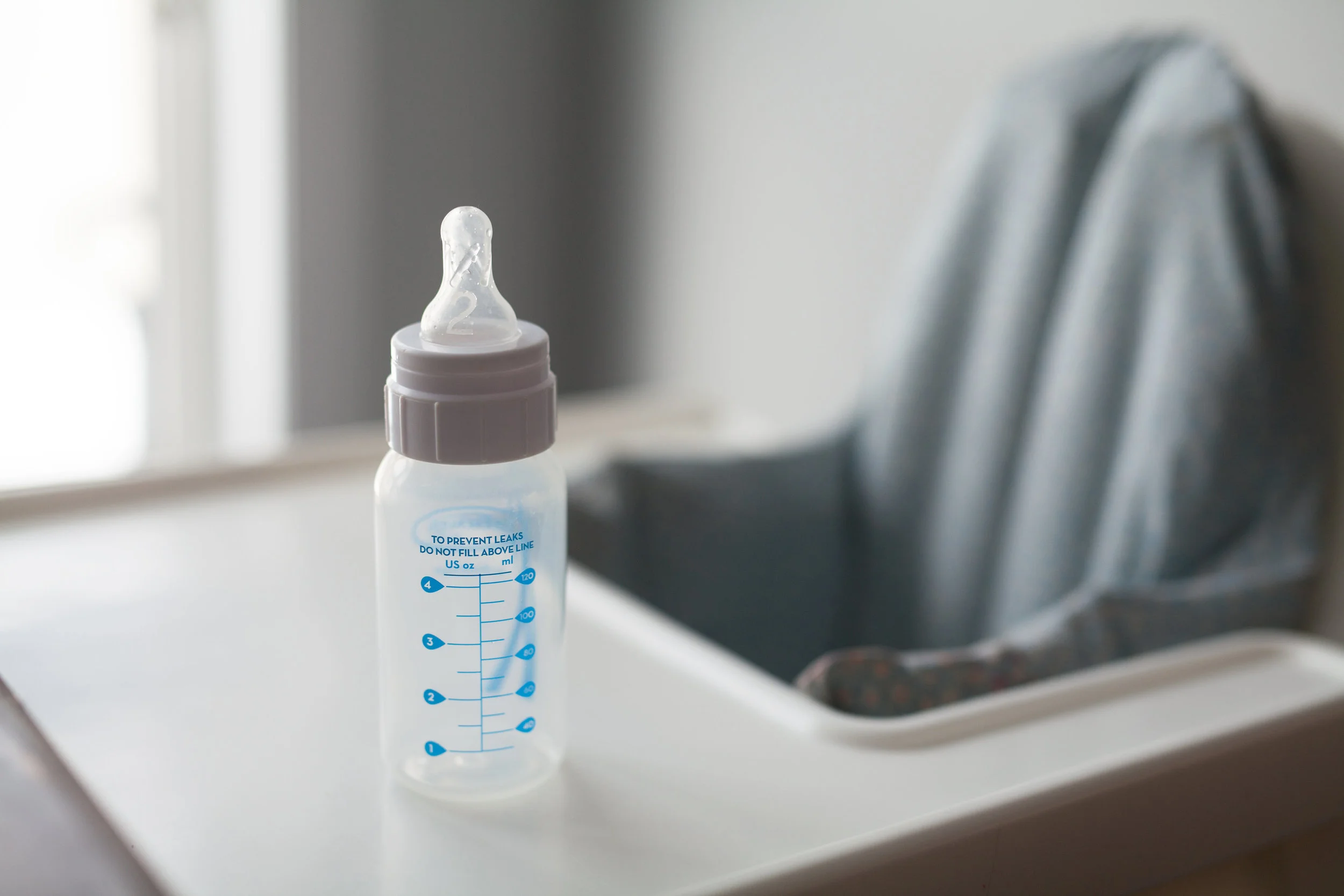So, your sweet new bundle is a few weeks old now, and back-to-work is bearing down on you. You walk to your freezer and fling it open to admire…
No expressed milk.
My goodness, Woman! It’s time to panic! Isn’t it?!?
Well, no, actually. You’re very likely just fine.
If you’re part of an online support group, you may have seen glorious pictures of other moms’ freezers, stuffed full of the creamy goodness, and began to see that as the standard. The truth is, no panic is necessary, and if you have 2 weeks before you go back to work, you can get a good amount of milk into the freezer in time.
One thing we tend to forget is the fact that, while we’re away from Baby, we’ll be pumping as frequently as Baby would have nursed--usually every 2-3 hours, in the beginning. So, what you pump on Monday while at work, can be given to Baby on Tuesday--while you’re at work. A plus to this is that the milk won’t have to be frozen. This can save time, since it won’t have to be thawed. Also, almost all the antibodies found in freshly pumped milk will still be intact. (This is not to suggest that frozen milk is not beneficial, just that freezing deactivates some germ fighters.)
So, how do you prepare to go back to work as a pumping mama?
There is a number of approaches moms may take. One plan is to begin pumping once a day, while you’re still at home. If you’re new to pumping, don’t be surprised if you don’t collect a lot of milk! Try instead, to think of pumping as “collecting stimulation.” About 3 weeks before returning to work, you can begin collecting stimulation to let your body know that demand is about to increase, somewhat. Some mothers like to pump first thing in the morning, as this is the time of day when most moms have the most milk. Save and freeze any milk you collect in about 2 oz increments. Small increments help reduce waste.
Another idea to get the pumping ball rolling while you’re still on maternity leave is to pump one breast while Baby nurses from the other. Again, an early morning pump/nurse session is likely to yield more milk than a session later in the day--though time of day doesn’t matter a whole lot, since you’re really just letting your body know to boost production a bit.
There is really no need to go crazy with pumping at this stage. You’re just working out the plan, making sure your pump works well for you...making sure Baby is happy to take a bottle, etc. Starting this routine about 3 weeks out, should easily give you enough milk to feed Baby on Day 1 Back to Work.
On Day 1, nurse Baby before leaving them at a caregiver’s or before you leave for work, if Baby will be at home. Be sure to leave an amount of milk about equal to the number of hours you will be away from Baby, plus a few ounces extra. Most babies will take 1 to 1.5 ounces of breastmilk per hour separated from Mom. If Baby gets a bottle every 3 hours, expect Baby to want about 3-4 ounces each time. (This is a rough estimate, your baby’s mileage may vary!)
While at work, pump as frequently as your baby would have nursed (usually every 2-3 hours in the early weeks.)
A few tips:
-- use "Hands On Pumping" to express the most milk.
--be sure to double pump (that is, pump both breasts at the same time). Double pumping is more effective than pumping one breast at a time.
--pump long enough. One rule of thumb is to pump a few minutes after the last drops of milk come. Then, remove the pump from your breasts and hand express into the pump flanges. You may be surprised how much milk is left after pumping! This process may take from 15-30 minutes.
--experiment with “power pumping.” This term has a few different definitions. What I’m referring to is pumping for about 10 minutes; resting 10 minutes; then pumping 10 more minutes. This mimics a baby’s pattern during a growth spurt or “cluster nursing.”
If you’re about to return to work, and don’t possess that freezer full of “Milk, Glorious Milk,” don’t panic! There are many ways to make breastfeeding and going back to work, work for you!
Amy Hall is a Certified Lactation Counselor. She provides affordable, in-home lactation support for nursing mothers in the Kansas City area. She nursed all of her 6 children for a cumulative total of over 20 years of breastfeeding, and has worked with nursing moms for 13+ years. She has so much joy in walking the breastfeeding journey with other mothers.
Contact her: theeweamy@gmail.com
Visit Amy on Facebook!


